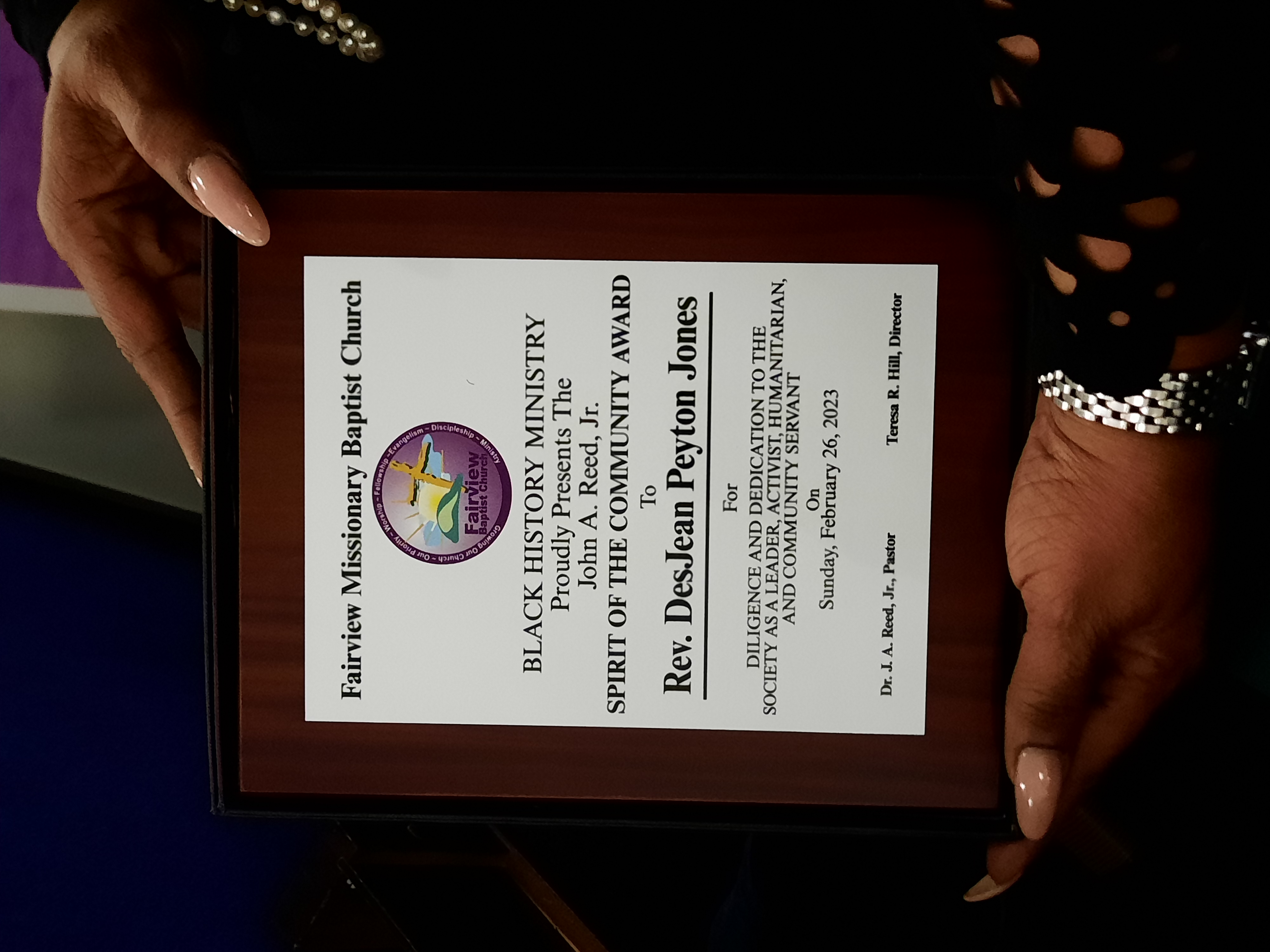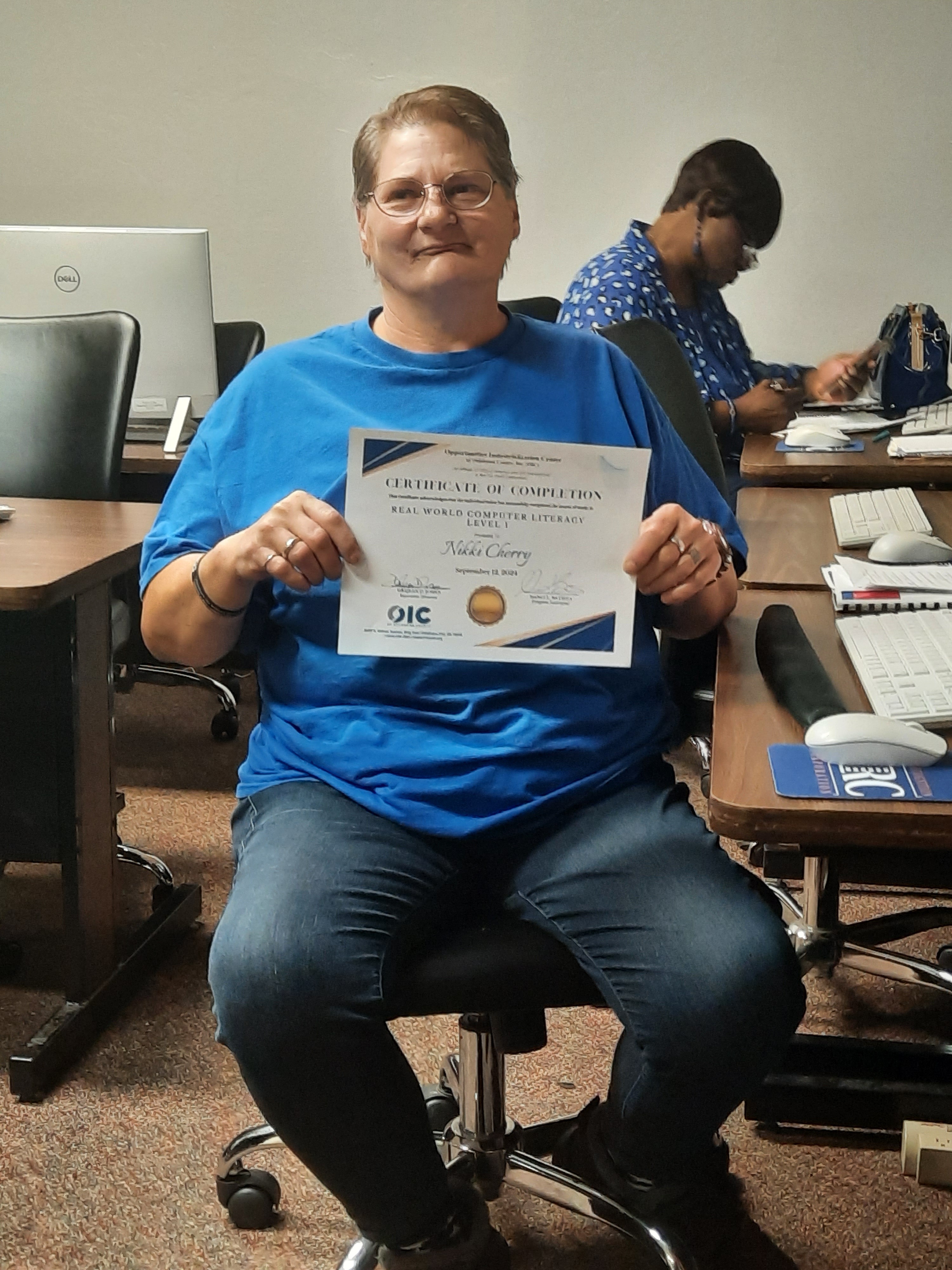The Opportunities Industrialization Center of Oklahoma County (OIC) is helping dreamers and innovators turn ideas into reality with a two-day workshop, “From Idea to Prototype: Build Your Own App.”
Read more
From self-paced classes to hands-on workshops, OIC tailors learning to your needs, with open enrollment and affordable options year-round.
Explore ProgramsYour generous donation fuels training programs and services that transform lives throughout Oklahoma County.
Donate NowShare your time and skills to help empower adult learners and strengthen our community. Your support changes lives.
Become a Volunteer+Have questions or want to learn more? Reach out to our friendly team — we’d love to hear from you.
Contact NowDiscover the latest news, success stories, and community events from OIC. Learn how our programs are making a difference and how you can get involved.

The Opportunities Industrialization Center of Oklahoma County (OIC) is helping dreamers and innovators turn ideas into reality with a two-day workshop, “From Idea to Prototype: Build Your Own App.”
Read more
OIC empowers adults through literacy, workforce training, and community support. By helping individuals build skills and confidence, we strengthen families, inspire future generations, and create thriving communities.
Read more
As a single parent, Tanya Burrell began meeting with her tutor four years ago, raising her reading level over 7 grade levels. Her first goals were to improve her basic literacy skills. Now she is in her fourth semester of college and plans to become a physical therapist. TanyaΓÇÖs opportunities to improve her lifestyle and provide for her son have kept her motivation strong. ΓÇ£I have fallen in love with reading and love to share this with my son,ΓÇ¥ says Tanya.

22 year old Cheyenne Metcalf tried twice to get her diploma while living in Bakersfield, California. "It was horrible," said Cheyenne. "The instructors would just give us work and expect us to figure it out." "Alot of people think we as students just need to know what's on the test but what good is any of that if you don't understand.ΓÇ¥ It was then that Cheyenne made the critical decision to leave Bakersfield and come to Oklahoma City with a relative whom also happened to be an OIC learner. She immediately enrolled into OIC and saw some major differences. "The instruction and environment were night and day from what I had been through and that was the difference maker for me at least. My instructor taught me HOW I learned so now I could finally understand.ΓÇ¥ Cheyenne passed each of her subject area tests on her first attempt and she now has her diploma. All of this while picking up a job that required her to work overnight at times. At OIC "Gettin it in" is not just a phrase, but a lifestyle generated through everyday habits and a solid commitment.





























Got My GED!
A proud graduate at OIC, Ken says: "With the instruction of the teachers and tutors I was able to acquire all the lessons I needed to achieve my goal. I didn't really think I could get it with all my ups and downs. With all the encouragement from the personnel at OIC, they helped me stick it out. I have made my way through all the lessons and I have now attained my GED."